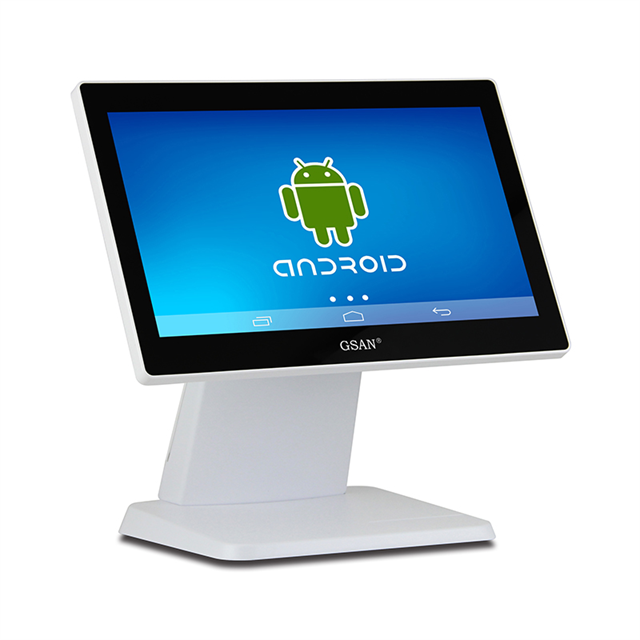







Views: 0 Author: Site Editor Publish Time: 2024-02-07 Origin: Site









In the modern business landscape, efficient and effective operations are crucial for success. One key aspect that plays a vital role in streamlining business processes is a POS (Point of Sale) system. But what exactly does POS system stand for? In this article, we will delve into the meaning of this acronym and explore the various benefits that a POS system can offer to businesses. Understanding the acronym is the first step in realizing the potential of this technology, and we will shed light on its significance in simplifying transactions and enhancing customer experiences. Additionally, we will discuss the numerous advantages that businesses can gain from implementing a POS system, such as improved accuracy, inventory management, and data analysis capabilities. Join us as we unravel the secrets behind POS systems and unlock the potential for growth and efficiency in your business.
One widely used acronym in the business realm is POS system. POS stands for Point of Sale, which refers to the location where a transaction takes place. In the retail industry, a POS system is a combination of hardware and software that enables businesses to process customer transactions. It includes components such as cash registers, barcode scanners, receipt printers, and software that manages inventory and sales data. With the rapid advancements in technology, modern POS systems have evolved to offer additional features like customer relationship management and analytics.
Understanding the acronym POS system is crucial for business owners and employees in the retail industry. By implementing an efficient POS system, businesses can streamline their operations, improve customer service, and gain valuable insights into their sales performance. With real-time data and analytics, businesses can make informed decisions regarding inventory management, pricing strategies, and customer retention. Furthermore, a POS system facilitates secure payment processing, ensuring that customer transactions are conducted smoothly and securely.
A point of sale (POS) system is a valuable tool for businesses of all sizes and industries. It offers numerous benefits that can streamline operations, enhance customer experience, and boost overall efficiency. One of the key advantages of implementing a POS system is the ability to accurately track sales and inventory. With a POS system in place, businesses can easily monitor their stock levels in real-time, ensuring that they never run out of popular items and can efficiently restock when necessary. This not only saves time but also helps to prevent overstocking, reducing wastage and improving cost management.
Another significant benefit of a POS system is its ability to simplify the checkout process. By automating transactions, businesses can minimize human error, reduce customer wait times, and improve overall service. With features such as barcode scanning and integrated payment options, customers can enjoy a seamless and hassle-free checkout experience. Additionally, a real time POS system can generate detailed sales reports, providing businesses with valuable insights into their top-selling products, peak sales periods, and customer preferences. This data can be used to inform marketing strategies and optimize inventory management, ultimately driving profitability.
Furthermore, a POS system offers the convenience of centralized control and management. Businesses can access and update product information, pricing, and promotions across all sales channels from a single point. This ensures consistency and accuracy in pricing, avoiding discrepancies and customer dissatisfaction. Additionally, businesses can set up user roles and permissions within the POS system, allowing for secure and controlled access to sensitive information. This helps to safeguard data and protect against fraudulent activities.
In today's digital age, a POS system that integrates with e-commerce platforms is crucial for businesses looking to expand their online presence. By seamlessly syncing online and in-store sales data, businesses can gain a holistic view of their operations and effectively manage inventory across multiple channels. This integration also enables businesses to offer omnichannel experiences to their customers, allowing them to shop seamlessly across various platforms and enjoy options like in-store pickup or online returns.
A POS system offers numerous benefits for businesses, including streamlined operations, increased efficiency, and improved customer experience. It allows accurate tracking of sales and inventory, simplifies checkout processes, provides centralized control, and integrates with e-commerce platforms. Investing in a POS system is a strategic decision that can positively impact a business's success.